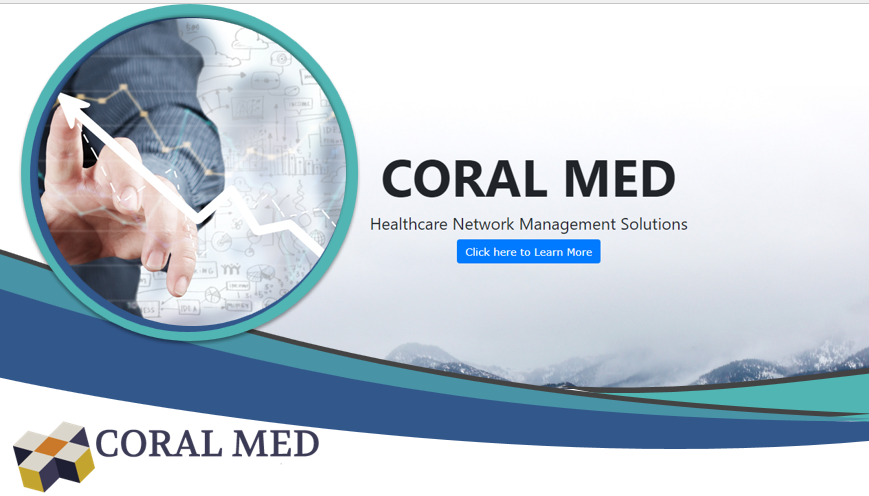
Preauthorization and Pre-Certification
$15.00Format: On demand
Duration: 150 Mins
Instructors: Coral MED
Learning Credits: 0.2 CEU
*This course was updated on Oct 31, 2025.
Description
This unit focuses on the authorization process required by payers prior to service delivery, emphasizing how preauthorization and precertification prevent claim denials and ensure compliance. Learners will examine payer-specific criteria, required clinical documentation, and methods to track approvals, expirations, and follow-up. Through practical simulations, case scenarios, and workflow exercises, participants gain confidence in managing authorizations efficiently and preventing costly revenue delays due to missing or expired approvals.
Explain what services require prior authorization.
Demonstrate steps to complete a pre-certification request.
Evaluate payer-specific requirements for authorization.
Analyze common reasons for authorization denial.
Apply pre-auth workflows to reduce rework.
Develop a pre-certification request template.
By the end of this unit, students will be able to:
Identify the need for prior authorization across a variety of medical services and payer plans.
Complete a pre-certification request accurately, ensuring that all required information is included to facilitate approval.
Analyze payer-specific authorization requirements and adjust workflows to accommodate different insurers’ needs.
Evaluate and resolve common causes of pre-authorization denials, implementing strategies to improve claim acceptance rates.
Apply pre-authorization workflows to real-world scenarios, improving efficiency and minimizing the time spent on administrative tasks.
Completion of Unit 2.2 (Insurance Eligibility and Verification).
Basic familiarity with CPT, HCPCS, and ICD-10 codes, and payer communication systems.
Patient Access and Pre-Certification Specialists
Clinical Authorization Coordinators and Referral Coordinators
Billing and Utilization Review Staff
Revenue Integrity and Denial Prevention Teams
Healthcare Administration and HIM Students seeking operational RCM roles

